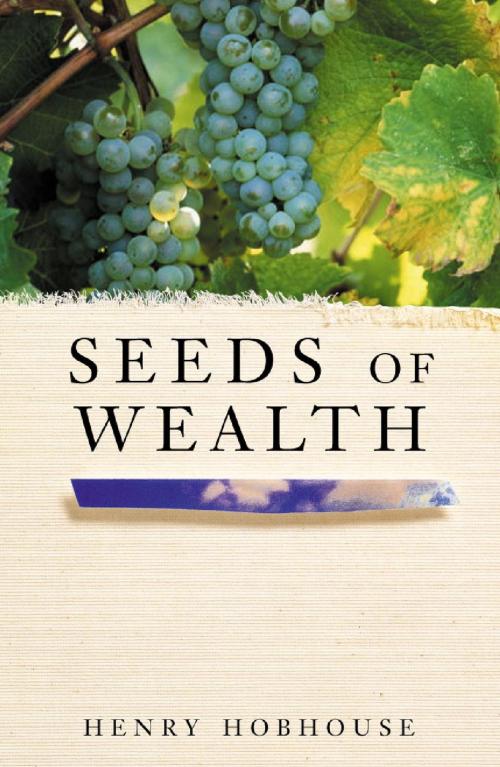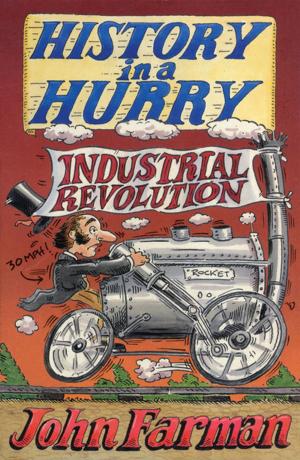Seeds of Wealth
Four plants that made men rich
Nonfiction, Science & Nature, Nature, Plant Life, Plants, Science, Biological Sciences, Botany, Business & Finance, Economics, Economic History| Author: | Henry Hobhouse | ISBN: | 9781447231332 |
| Publisher: | Pan Macmillan | Publication: | August 23, 2012 |
| Imprint: | Picador | Language: | English |
| Author: | Henry Hobhouse |
| ISBN: | 9781447231332 |
| Publisher: | Pan Macmillan |
| Publication: | August 23, 2012 |
| Imprint: | Picador |
| Language: | English |
Henry Hobhouse was the first to recognise plants as a causal factor in history in his Seeds of Wealth. In this new book, he examines four plants: rubber, timber, tobacco and the wine grape, each of which enormously increased the wealth of those who dealt in them, created great new industries and changed the course of history.
Ancient Rome's monopoly on wine production had huge economic and hygienic importance. Without rubber, there would have been no development of cars, buses and trucks, bicycles, waterproof clothing or even tennis balls and condoms. Tobacco has largely been condemned for its effects on health and its true role in history ignored. Tobacco has often been used in place of currency and its growth in Virginia supported a colony that produced much of the talent that made Independence possible. Timber shortages led the British Royal Navy to become dependent on American timber. The dearth of timber drove English coal mines deep, which led to the steam pumps, steam engines, and ultimately the Industrial Revolution.
These are fascinating stories the effect of minutiae on the great waves of history.
'You cannot help but admire and enjoy the company of a man who takes such a novel and global view of history' Spectator
Henry Hobhouse was the first to recognise plants as a causal factor in history in his Seeds of Wealth. In this new book, he examines four plants: rubber, timber, tobacco and the wine grape, each of which enormously increased the wealth of those who dealt in them, created great new industries and changed the course of history.
Ancient Rome's monopoly on wine production had huge economic and hygienic importance. Without rubber, there would have been no development of cars, buses and trucks, bicycles, waterproof clothing or even tennis balls and condoms. Tobacco has largely been condemned for its effects on health and its true role in history ignored. Tobacco has often been used in place of currency and its growth in Virginia supported a colony that produced much of the talent that made Independence possible. Timber shortages led the British Royal Navy to become dependent on American timber. The dearth of timber drove English coal mines deep, which led to the steam pumps, steam engines, and ultimately the Industrial Revolution.
These are fascinating stories the effect of minutiae on the great waves of history.
'You cannot help but admire and enjoy the company of a man who takes such a novel and global view of history' Spectator















